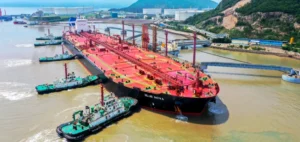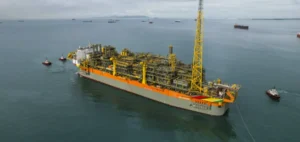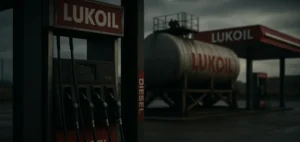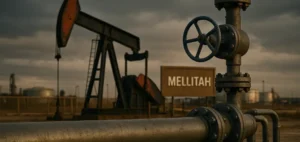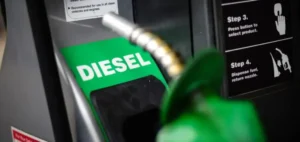Authorities in Equatorial Guinea have decided to raise fuel pump prices, implementing increases of 10% for diesel and 30% for petrol, according to a presidential decree published in Malabo. This marks the first tariff adjustment since 2007, during which time prices remained unchanged despite structural shifts in the national energy sector.
The decree states that the previous pricing structure exerted growing pressure on the execution of the state’s general budgets. Petrol will now rise from 495 to 645 CFA francs (from €0.75 to €0.98), while diesel increases from 470 to 520 CFA francs (from €0.72 to €0.79). Jet-A1 fuel, used by national airlines, will rise nearly 35%, from 430 to 580 CFA francs per litre.
An energy sector under strain
The effective date of the price adjustments will be determined by order of the Ministry of Hydrocarbons and Mining Development. The government has nonetheless introduced a compensatory measure with subsidies for domestic use, capped at 100 litres per vehicle, per person, per day. For petroleum used in lamps and cookstoves, the limit is 40 litres.
Direct subsidies are also planned for public transport operators to curb a potential rise in collective transport costs. These measures come amid economic difficulties for the country, which remains heavily reliant on its oil resources.
Budgetary strain and export decline
Between 2018 and 2022, oil sector revenues accounted for 81.5% of budget income and 94.1% of national exports, according to the World Bank. However, ageing oil fields have led to a sharp drop in exports: crude oil fell from 13.2 million tonnes in 2014 to 5.4 million tonnes in 2022, while gas, notably methanol, followed a similar trend.
This fall in output has directly impacted the national economy, with gross domestic product (GDP) declining by an average of 2.8% per year from 2015 to 2022. Crude oil production dropped from 143,800 to 108,800 barrels per day between 2020 and 2022, deepening the country’s dependence on refined product imports, as Equatorial Guinea lacks a domestic refinery.















